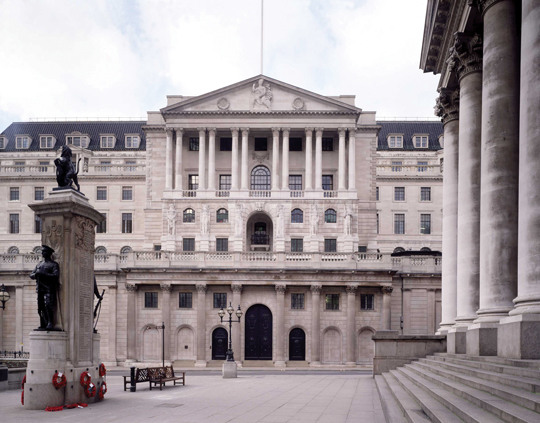Investing
Bank of England voices concerns over sterling appreciation

The Bank of England’s Monetary Policy Committee (MPC) voted unanimously to keep rates on hold and maintain QE at £375bn in August but expressed fears over sterling’s continued appreciation.
During the meeting held on 1 and 2 August all MPC members agreed the bank rate should be maintained at 0.5% and the Bank of England’s QE programme should be unchanged.
However, for some members, the latter decision was “finely balanced” and some felt there was a case for more QE before ultimately voting against such a move.
With euro weakness continuing over the summer, the MPC said a continued rise in the value of sterling may hit growth later this year.
“In trade-weighted terms, sterling had risen by almost 1% since the Committee’s July meeting and was 3.5% higher than at the start of the year,” the minutes noted.
“Although sterling remained over 15% lower than it had been five years earlier, it was around 5% higher than its average in 2011.

Why Life Insurance Still Matters – Even During a Cost-of-Living Crisis
Sponsored by Post Office
“A continuing appreciation could have a material influence on the outlook for growth and inflation in the United Kingdom.”
Though figures released yesterday showed CPI inflation rose from 2.4% to 2.6% in July, the members said inflation is on track to meet the 2% target in the coming months after falling from a peak of 5.2% in September 2011 to 2.4% in June.
The minutes also said it is likely the UK economy will continue in its “disappointing pace” to GDP recovery, but were upbeat about the Funding for Lending Scheme and said it may have a greater impact on growth than the “relatively cautious assumptions” made in the August Inflation Report projections.
However, deep concerns about the eurozone remain.
“The global economy had continued to slow and very substantial risks remained in the euro area. These could, if they crystallised, have a considerable impact on the stability of the global banking system and on economic activity in the UK.
“Even if a disorderly outcome were avoided, it was probable the continuing threat of such an event would weigh on domestic economic activity for some time to come.
“Indeed, some banks had been planning to cut their lending to the UK economy in the coming months, before the details of the FLS had been announced.”
The MPC said it would monitor the impact of the FLS in the coming months and assess whether other policy options should be used, indicating the Bank has not ruled out an interest rate cut to zero.
Minutes from the Monetary Policy Committee’s July meeting, held on 4 and 5 July, which saw the Bank’s quantitative easing programme expand by a further £50bn, saw the committee soften its tone on the prospect of cutting the base rate to below 0.5%.
The committee had previously decided a rate cut was less attractive than an extension of the asset purchase programme.